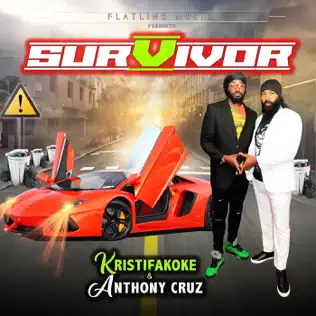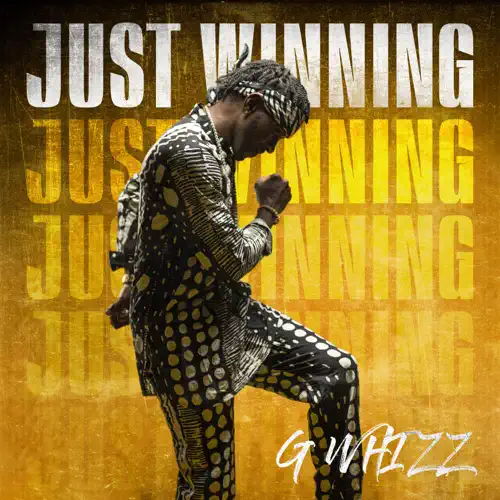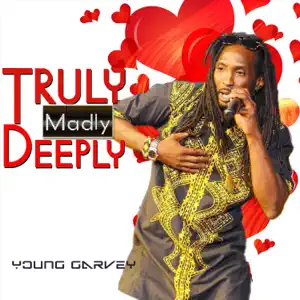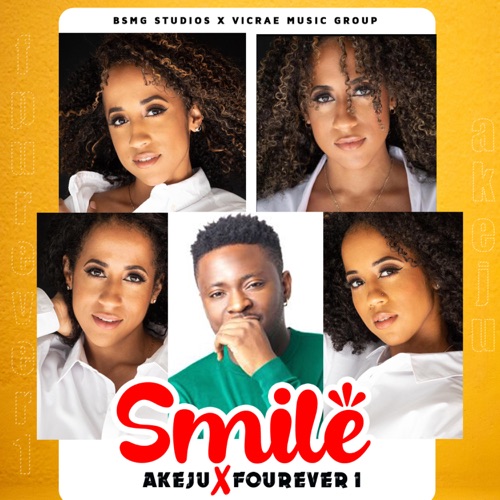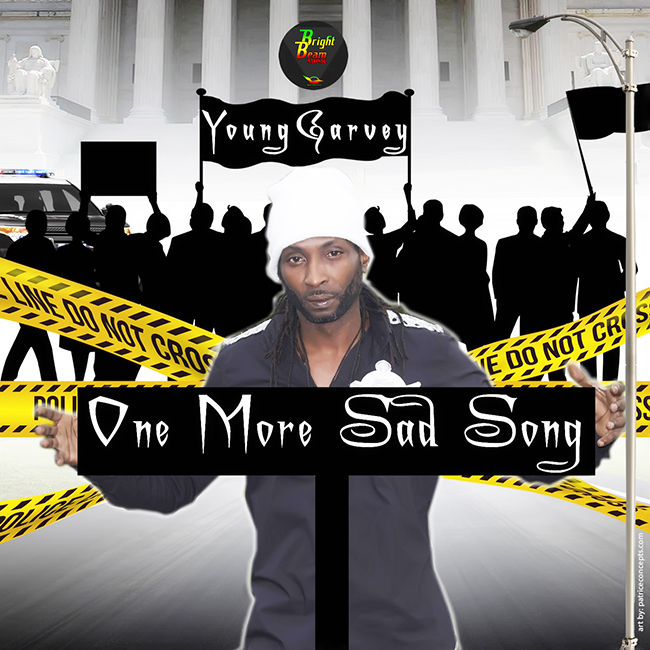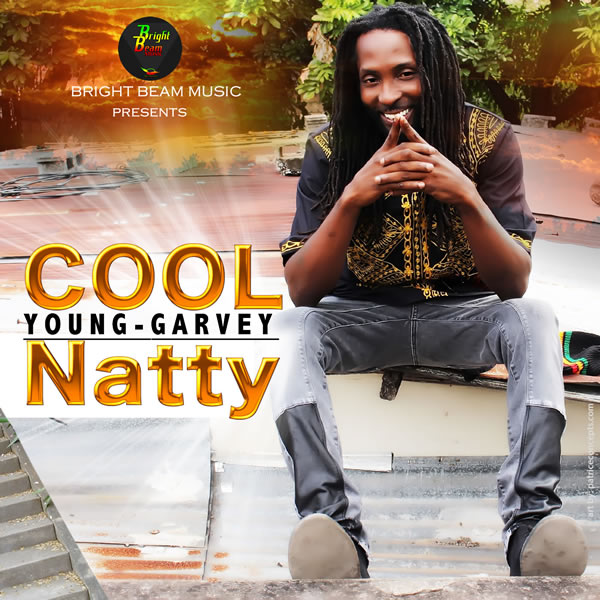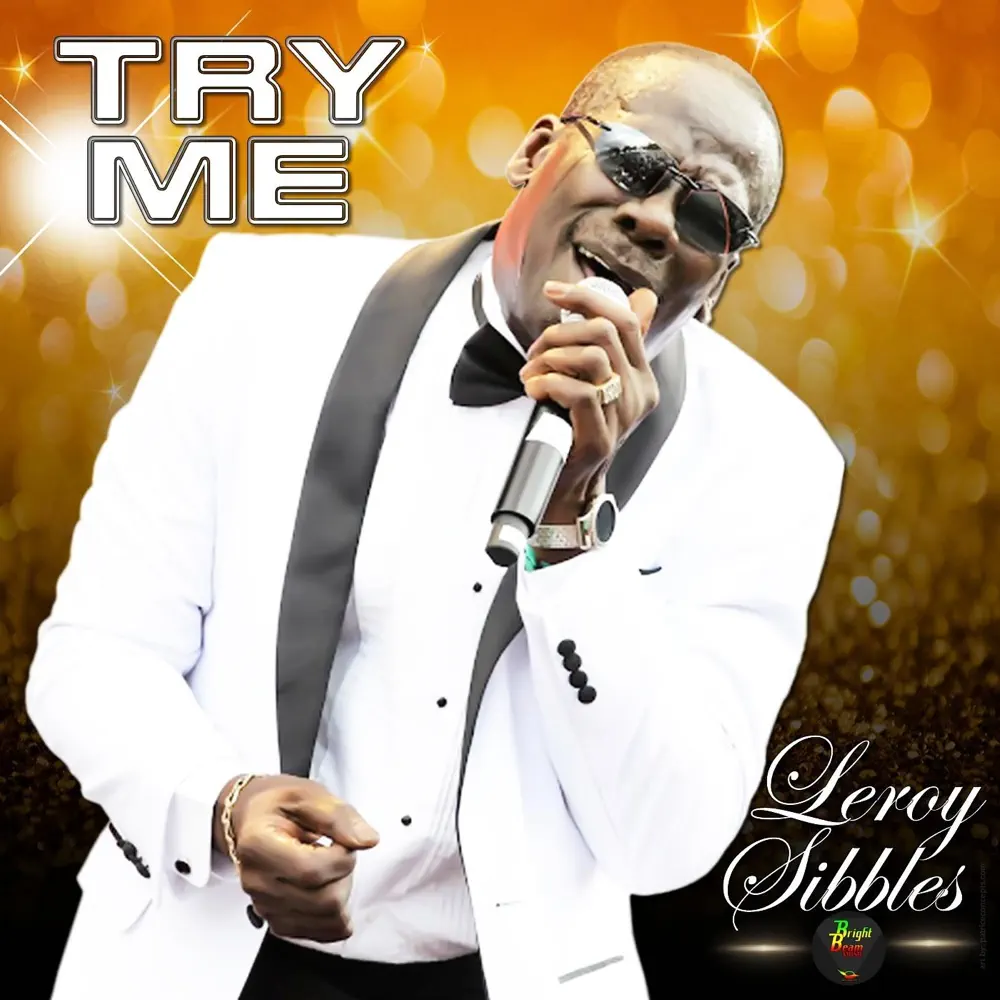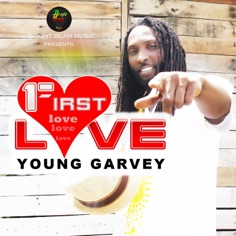CleverSoul Publishing
Email: info[AT]cleversoulpublishing.com
FAQ (Frequently Asked Questions)
What is music publishing?
– When a song is written, the writer owns the rights to that song. When that song is recorded and made available to the public, the writer publishes that song. Once published, the song can be performed by anyone so long as certain royalties or fees are paid to the owner of the copyrights. Often, writers hire companies that specialize in publishing to assist in the administration of their copyrights.
What is a music publisher?
– While the writer can act as his or her own publisher, publishing companies serve as agents on behalf of the writer. They issue licenses and collect royalties. Additionally, they try to get other artists to record the song or try to have the recorded song used for another purpose such as a movie soundtrack. To register a publishing company with ASCAP or BMI, a contract is signed and a fee is paid.
What are royalties?
– Royalties are the fees paid for the use of a writer’s song. These include usage fees, mechanicals, and synchronization fees. A usage fee is owed when a writer as artist has recorded his or her song and that song is played over the radio or other commercial situation. Mechanicals refers to the recording by another of the writer’s work. When that occurs, the writer is entitled to a fee. As of January 1, 2000, that sum is 7.55 cents per each recording unit (such as CD or cassette) manufactured containing the writer’s song on it. Synchronization refers to the use of the writer/artist’s recording in a different medium such as on a movie or television soundtrack. Other uses are generally referred to as licenses. The fee is negotiated between the parties.
Can I submit songs to you for review?
– No. We are currently only accepting material from our contracted writers or from legal or business representatives known to us; we are not permitted to review any songs or accept any packages that are submitted otherwise. It is not our intention to hinder or frustrate the creative process. There are legal reasons for strict adherence to this policy on our part which cannot be altered. So, thank you again for your interest, but permission cannot be extended at this time.
How are the writer and publisher paid?
– Anytime the song is played over the radio or over any other commercial medium, a royalty or fee is owed to the writer and to the publisher. Organizations such as the ASCAP and BMI serve writers and publishers by collecting royalties owed for the commercial use of a song such as when that song is played over the radio, at a nightclub, or any other commercial venue. To join either organization, a songwriter may request a contract. Once executed, the writer registers his or her songs with the chosen organization. However, in order to collect royalties from ASCAP or BMI, the song also must be published by the writer through a separate publishing agreement or published by an independent publishing company. Royalty amounts are split equally between the writer and the publisher. However, the two are free to enter into their own arrangement..
What is publishing administration?
– When the songwriter chooses to hold all of the songwriter and publisher rights, the songwriter often will hire an administrator to handle mechanical and synchronization licenses and collect royalties. The administrator generally collects a percentage of the publishing fee. This often ranges from 10% to 20% of the publishing royalties.
How do music copyright and music publishing relate?
– The relationship between the music copyright created by the composer, producer or author of a piece of music and a music publisher, is governed by a publishing contract. This is normally drafted in such a way that each party would have rights and obligations to the other. It is normally the case with these sorts of contracts that the music copyright owned by the composers, producers or authors is assigned to the music publisher in return for a commitment to promote, exploit and protect that music. It should be noted that it is usually the case that the musician will retain their moral rights – these include such things as having their name attributed to the work or not having other pieces of work falsely attributed to them. The music publisher also normally has to agree to pay the musician a percentage of any income earned from such exploitation. These are called royalties.
What is the difference between synchronization licensing and mechanical licensing?
– Synchronization licensing involves the licensing of songs for use with visual images (i.e. films, commercials, etc.). Mechanical licensing involves the licensing of songs for audiotape or compact disc.
What is the difference between publishing and master licensing?
– Publishing involves the licensing of a song copyright. Licensing a master involves a particular sound recording by an artist. You normally need both licenses for synchronization.
How can I find out who controls the recording master?
– The record company that released the specific version in question owns the master rights.
Why don’t you accept unsolicited material?
– Unsolicited material refers to material that is sent by someone who has no relationship with anyone at a particular company. Occasionally, unknown writers, claiming that they have submitted songs, have sued publishers claiming those songs were stolen and given to other writers to work on. Second, there is so much material coming into the creative departments from reliable sources that it’s difficult to listen to everything.
WHAT TYPES OF MUSIC PUBLISHING DEALS ARE AVAILABLE?
– (1) STANDARD PUBLISHING AGREEMENTS Standard music publishing deals come in several varieties. These include song-by-song publishing deals for specific compositions, and exclusive songwriter agreements that may last for a fixed period of years (usually 1 year with options to extend the term). These publishing deals may cover all songs written by an artist, or just those songs commercially released during the term of the agreement.
Under either arrangement, the publisher becomes the copyright owner of the songs. In exchange, the Publisher may pay the artist an advance based upon the potential value of the compositions. Subsequent income generated from these songs is then split, usually on a 50/50 basis. After the publisher recovers its advance, the artist is paid the writer’s share of net income received, while the publisher retains its publisher’s share.
(2) CO-PUBLISHING AGREEMENTS Co-publishing deals are similar to the above arrangement, except the artist (or the artist’s publishing entity) co-owns a percentage of the copyright along with the publisher. It is common for both parties to each own 50% of the copyright, though percentages can vary from deal to deal.
In a CO-publishing deal, the songwriter’s publishing entity also receives a percentage of the publisher’s share of income. Thus, using the above hypothetical, an artist would receive the writer’s share of the publishing pie (i.e., 34 cents), while also receiving up to half the net income from the publisher’s share of the publishing pie(i.e., an additional 17 cents).
Although CO-publishing deals are sometimes better than standard publishing deals, not all CO-publishing deals are in the artists best interest. For instance, some independent record labels require new artists to enter into a CO-publishing deal with the label’s publishing entity. (Ironically, few major labels require this of their artists). Even if you are offered an additional advance for such a deal, you should resist it! Here’s why:
The record company’s goal here is to reduce the amount of money payable to you from record sales (since the record company gets to keep 50% of the publisher’s share of mechanical royalty income);
Independent record labels may lack the experience and resources to promote your songs like an independent publishing company;
An independent publisher has more incentive to demand and accounting and collect publishing income from your label; and
It may actually be in your interest to retain these copyrights and enter into an administration deal instead.
(3) ADMINISTRATION AGREEMENTS In an administration deal, the publishing administrator collects income and also helps promote the songwriter’s catalogue. An administration deal may last for a specific period of time (i.e., 3 years) or for one year with several options to renew. When the term is over, all rights revert back to the artist.
A publishing administrator is typically paid by deducting a percentage of the income it collects on behalf of the artist. After deducting this administration fee (anywhere from 10% to 20% of the gross proceeds) the administrator distributes 100% of the remaining net income to the songwriter(s). As an incentive to promote your songs, some administrators may also charge a slightly higher collection fee for income earned from cover songs.
In some cases, a songwriter may receive as much income from a co-publisher as a publishing administrator. However, while a CO-publisher may be able to offer a generous advance, an administration deal can provide an artist with greater financial and artistic control. There are also many advantages to retaining the copyright to your songs. For example, if your first record sells only moderately but your next CD becomes commercially successful, you may gain greater leverage to negotiate a favorable publishing, CO-publishing or administration deal at a later date.
How can Cleversoul Publishing help?
– We publish writers’ works and administer their rights. This includes negotiating and issuing licenses, collecting royalties and fees, and preparing all necessary paperwork so that the writer does not have to.
Who would be a client?
– Songwriters/Composers/Producers who own their own music publishing.
Songwriters/Composers/Producers who do not need a song plugger.
Songwriters/Composers/Producers who have had at least one song recorded commercially (available at ITUNES,AMAZON).
What services does Cleversoul Publishing provide?
– Copyright registration with the Library of Congress
PRO registrations with ASCAP, BMI, SESAC, JACAP, SOUNDEXCHANGE
Licensing for users: mechanical, print, synchronization, performance
Quarterly royalty statements for publishers and writers
Top Song Reports.
What fee does Cleversoul Publishing charge publishing clients?
– A non-refundable initial setup fee (email for details). Think of the initial cost as an investment that ensures that from that point you are able to receive all the royalties due to you.
– A flat percentage of gross income for publisher each quarter. (TBD in the contract)
– Charge back fee of $35 per song to register with Library of Congress.
What does Cleversoul Publishing not provide?
– We do not Pitch songs to be recorded.
We Do not guarantee radio airplay.
We Do Offer writer advances.
Will Cleversoul Publishing listen to outside material?
– No, since we do not pitch songs we are only able to service clients that already have their songs recorded for commerical release.
How long does it take to get a license?
– Generally it takes 30-45 days to turn your request around.
Does Cleversoul Publishing handle Master Use requests?
– We only licenses the publishers portion for songwriters or composers that we represent. You must contact the record label directly to get their permission to use their recording.
How can I become a member or have you become my Music Publisher Admin?
– You have to meet all of the requirements below: To qualify for membership in ASCAP or BMI, you must be the writer or co-writer of at least one musical work or song that has been commercially recorded, performed publicly in any venue or medium licensable by ASCAP / BMI, performed in any audio visual or electronic medium, or published and available for sale or rental as sheet music, a score or folio. We consider songwriters/artists:
☑ that are signed to record labels or have digital distribution
members of a performance rights society such as (BMI, ASCAP, SESAC, PRS, JACAP, etc) or want to be members of these societies
☑ have an established fanbase and can be proven thru stats/sales
☑ have active website (www.yourname.com)
☑ Have social media channels (Twitter,Youtube, Facebook, Reverbnation,etc) with constant branding names across each platform
☑ press kits (EPK) with well written bio, photos, music, videos, press clippings, concert/performance history
☑ write original songs/lyrics that are registered with the US Copyright Office
☑ have songs/albums released at ITUNES or AMAZON
performed their materials live in concert
☑ Have a professional TEAM which includes: Publicist/Managers/Booking Agents/Lawyer
☑ Have a valid US Social Security Number or Foreign Tax Registration Number
☑ Have a full list of your catalog with the song name, record label, release date, producer full name, songwriter full names if there are co-writers or co-producers
☑ Have a valid government issued ID or drivers license.
WHAT IS NEEDED TO SETUP MY PUBLISHING IF I MEET ALL REQUIREMENTS?
– We can help singers, songwriters and producers/composers setup their music publishing with ASCAP or BMI but will require:
☑ (1) ASCAP/BMI Writer/Publisher Application
☑ (2) ASCAP/BMI Membership Agreement
☑ (3) Non Re-Fundable Application Processing Fee (email for details)
☑ (4) W-9 Form Request for Taxpayer Identification Number and Certificate for US Citizens or W-8 (Certificate of Foreign Status of Beneficial Owner for United States Tax Witholding) (Required by the Internal Revenue Service)
☑ (5) Music Publisher Administrator Agreement (Normally between Cleversoul Publishings & You)
Do you accept Credit Card Payments? YES
We accept credit cards via Paypal.
© Copyright 2024 Cleversoul Publishing. All Rights Reserved.
Site Credit: pconcepts
 - NEWS
- NEWS 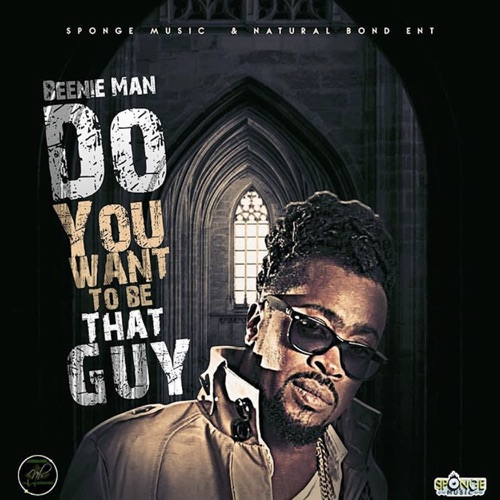 Sponge Music & Natural Bond Ent release Beenie man "Do You Want To Be That Guy" song @Itunes. It was inspired by the police interruption of the Memorial Day “Soundclash Edition” of Swizz Beatz and Timbaland’s flagship Verzuz IG Live series with Bounty Killer.Read More
Sponge Music & Natural Bond Ent release Beenie man "Do You Want To Be That Guy" song @Itunes. It was inspired by the police interruption of the Memorial Day “Soundclash Edition” of Swizz Beatz and Timbaland’s flagship Verzuz IG Live series with Bounty Killer.Read More Dancehall artist Mr Lexx formerly Lexxus debut album Mr Lex hits #12 on billboard reggae charts and spends 12 weeks 8/5/00.
Dancehall artist Mr Lexx formerly Lexxus debut album Mr Lex hits #12 on billboard reggae charts and spends 12 weeks 8/5/00. Fourever1 "All About Tonight" peaked @ #19 on Billboard Dance/Club Charts 9/17/16
Fourever1 "All About Tonight" peaked @ #19 on Billboard Dance/Club Charts 9/17/16![]() 2009 MTV Bestthru Video Nominee
2009 MTV Bestthru Video Nominee 





 The Five Functions of a Music Publisher:
The Five Functions of a Music Publisher:










